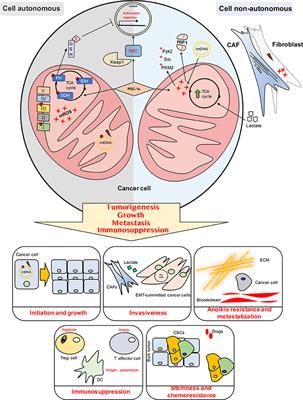EDITORIAL
Published on 06 Jan 2023
Editorial: Developing combined modality therapy with mitochondria-targeting strategy
doi 10.3389/fonc.2022.1111724
- 434 views
14k
Total downloads
45k
Total views and downloads
You will be redirected to our submission process.
EDITORIAL
Published on 06 Jan 2023
ORIGINAL RESEARCH
Published on 31 Oct 2022
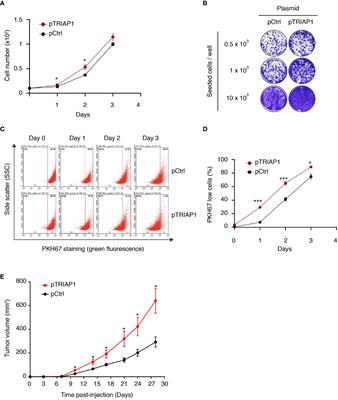
ORIGINAL RESEARCH
Published on 29 Aug 2022
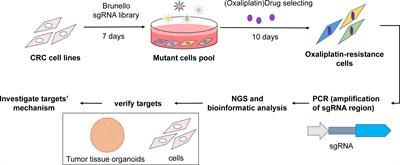
REVIEW
Published on 23 Nov 2021
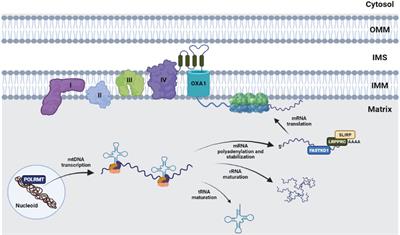
ORIGINAL RESEARCH
Published on 01 Apr 2021
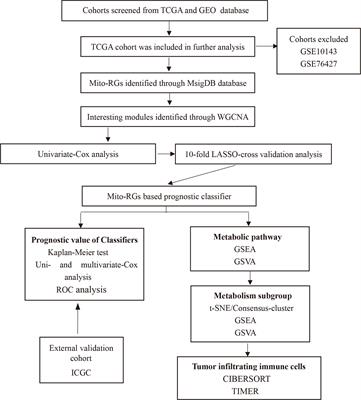
ORIGINAL RESEARCH
Published on 13 Jan 2021
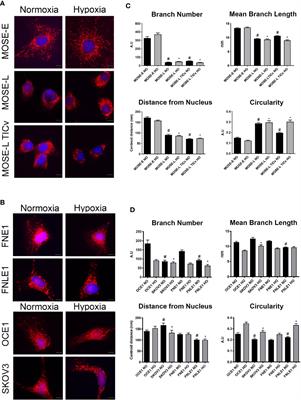
ORIGINAL RESEARCH
Published on 03 Apr 2020
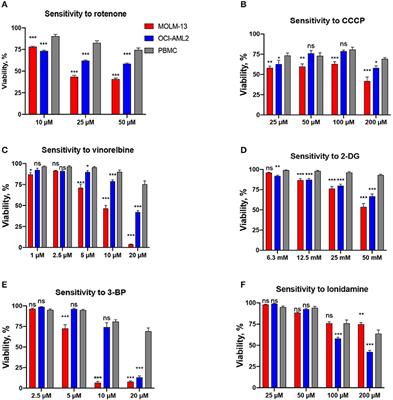
REVIEW
Published on 28 Feb 2020
